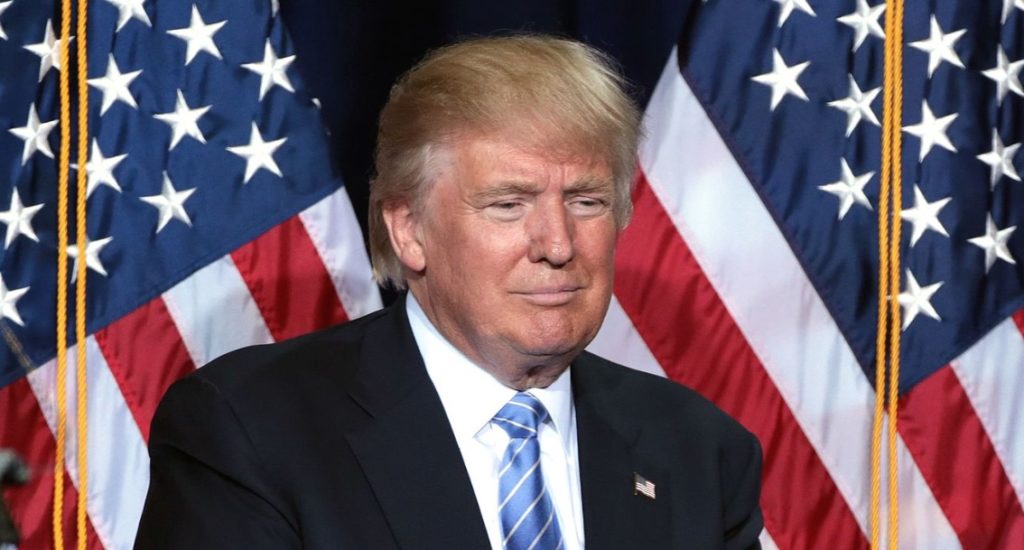 IJR Opinion is an opinion platform and any opinions or information put forth by contributors are exclusive to them and do not represent the views of IJR.
IJR Opinion is an opinion platform and any opinions or information put forth by contributors are exclusive to them and do not represent the views of IJR.
As the U.S. is looking to revamp its Afghanistan strategy, stable and reliable allies come handy. Unfortunately, some countries in the region, such as Pakistan, have a history of rocky and complicated relationships with Washington, but others are a welcome exception.
When then President-elect Donald Trump called Kazakhstan President Nursultan Nazarbayev shortly after he was elected last November, the call was an early acknowledgment of Kazakhstan’s key role as a partner in Central Asia and the new administration’s desire to work closely with it. On Sept. 1, President Trump called Nazarbayev again, expressing appreciation for Kazakhstan’s regional and global leadership, including its upcoming tenure as chair of the United Nations Security Council.
All of this bodes well for a country that has become a key Central Asian player, as the president confronts pressing issues in that complex region.
The president’s newly announced strategy regarding Afghanistan proposes that as we continue to carry the fight to the enemy, we do so on a path that includes negotiating with elements of the Taliban to ensure an orderly transition to a stable government. Unfortunately, the path leaves considerable room for the Taliban to have a major role in the country’s future — the same Taliban who provided sanctuary and support to Osama bin Laden and al-Qaeda and could be poised to harbor America’s enemies again.
The president’s late August Afghanistan strategy announcement also put Pakistan on notice about being a safe haven for terrorists.
It’s no secret Pakistan’s intelligence services coddle and support many of the same enemies we are fighting in Afghanistan. Until his death in 2011, bin Laden hid out in Pakistan with the support of the intelligence services. Now, the president has followed up in recent weeks by saying the U.S. is “starting to develop a much better relationship with Pakistan and its leaders.”
And the president continues to deal with an ever-threatening Iran, including decertifying the 2015 nuclear agreement and putting tough sanction on Iran’s feared Islamic Revolutionary Guard Corps.
As the president knows, protecting America doesn’t only mean dealing with the obvious threats. It also means dealing with possible threats long before they surface. It means empowering receptive nations to curtail the ability of terrorist networks to foment, grow, and attack — to defeat extremism before it can even develop. Kazakhstan is an exemplary actor of how that strategy should be implemented.
With 70 percent of the mostly secular or moderate muslim majority in a population of almost 18 million people, Kazakhstan has taken a leading role in combatting internal extremism. Like other nations across the globe, including the United States, a small number of radicals from the country have gone to Syria and Iraq to support ISIS.
To date, the few recent terrorist incidents in Kazakhstan haven’t been attributed to individuals returning from there, but rather to locals who have succumbed to ISIS’s radical propaganda spread online. But, mindful of the pervasive threat radical Islam poses, Kazakhstan has approached the matter head-on. Its newly formed Ministry for Religious and Civil Society Affairs is countering the internal threat of religious extremism through information and education.
Kazakhstan’s model focuses on those who may have already been influenced by radical Islam. Moreover, as a member of the Organization of Islamic Cooperation (OIC), the second largest intergovernmental organization after the United Nations, Kazakhstan has a global voice in the muslim world’s efforts to combat extremism.
So what’s that got to do with American interests? Or curtailing terrorism? Or keeping Iran, Pakistan, or Afghanistan in check? It’s the role Kazakhstan can play in the future as a U.S. partner on the international scene diplomatically and economically — and perhaps militarily. We cannot afford to be passive about Central Asia. Under President Trump’s leadership, we should hope to take a more strategic, long-term view and strengthen our alliances.
Kazakhstan and the U.S. have recently renewed an agreement on military cooperation. Earlier in October, a delegation from Kazakhstan's Defense Ministry headed by Deputy Minister of Defense Talgat Mukhtarov met their U.S. counterparts in Washington, and the two countries agreed to renew Kazakh-U.S. military cooperation for another five-year period, up to the year 2022.
The United States might consider expanding security cooperation with Kazakhstan, focusing more on counterterrorism and regional security than we have in the past.
These small investments on the part of the United States may provide large returns over the years, just like strengthening our European allies in the Cold War helped us to win the peace. Our continued role as a world leader and our own security will be determined by those whom we support and who support us. As Secretary of Defense James Mattis is quoted as saying, “The nation with the most allies generally wins; that’s what history teaches.”
His statement underlines our need to be an entrenched partner with Kazakhstan.
ijr.com, 29.10.2017




